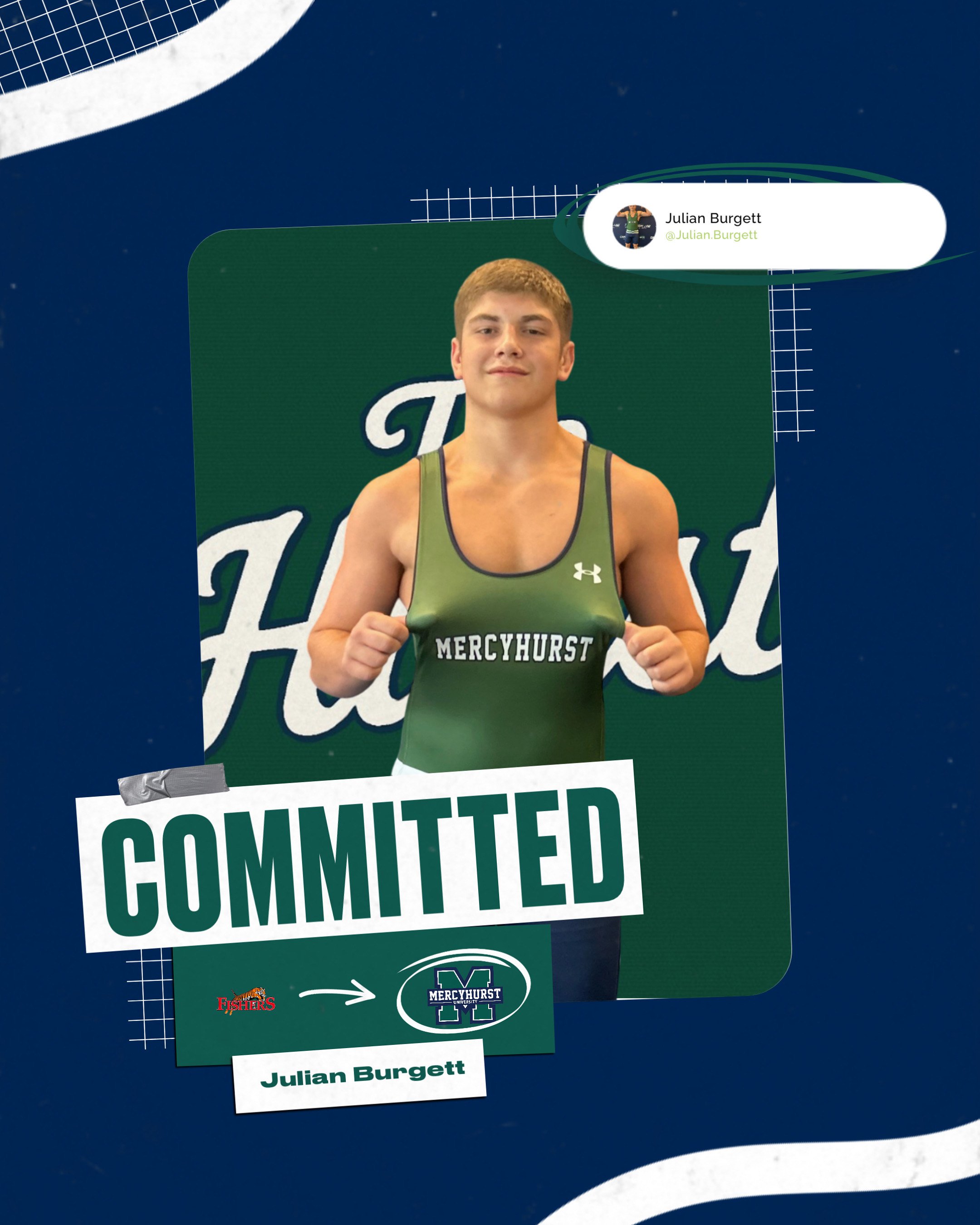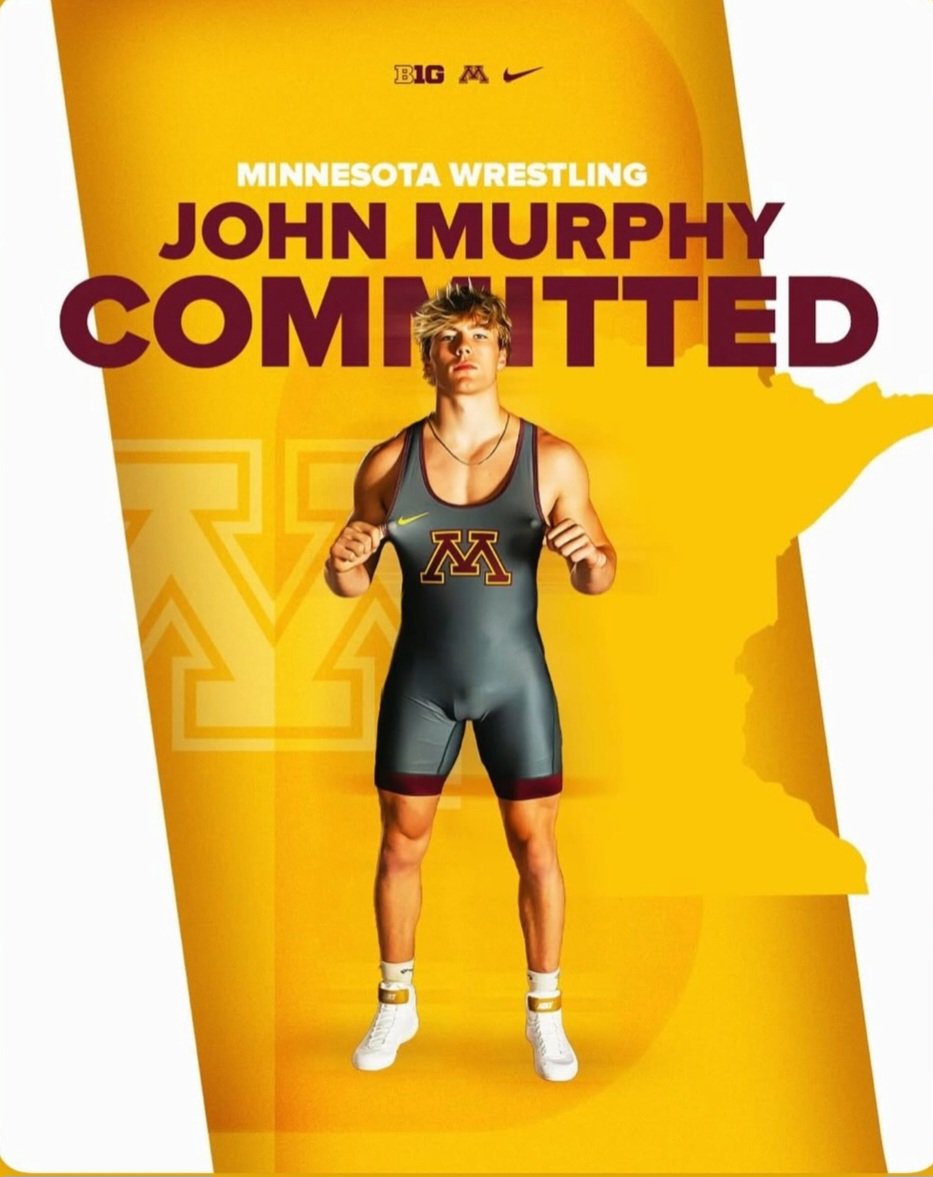Is the strength at 165 unprecedented or what?
-
Latest Rankings
-
Updated
-
Updated
-
Updated
-
Updated
-
-
College Commitments
Julian Burgett
Fishers, Indiana
Class of 2026
Committed to Mercyhurst
Projected Weight: 285
John Murphy
St. Michael-Albertville, Minnesota
Class of 2026
Committed to Minnesota
Projected Weight: 197
Tyler Neiva
Greens Farms Academy, Connecticut
Class of 2026
Committed to Columbia
Projected Weight: 184
Zion Borge
Westlake, Utah
Class of 2026
Committed to Missouri
Projected Weight: 133, 141






Recommended Posts
Create an account or sign in to comment
You need to be a member in order to leave a comment
Create an account
Sign up for a new account in our community. It's easy!
Register a new accountSign in
Already have an account? Sign in here.
Sign In Now